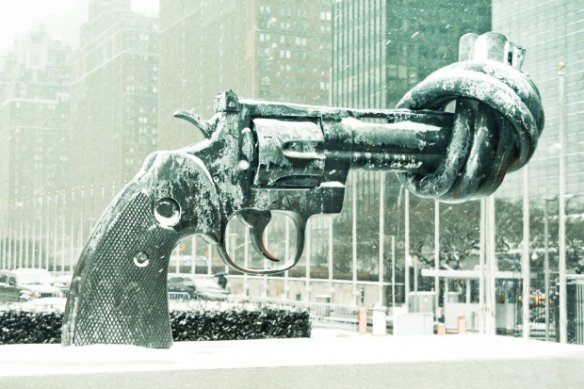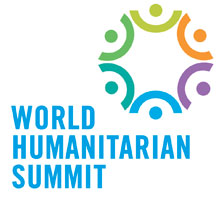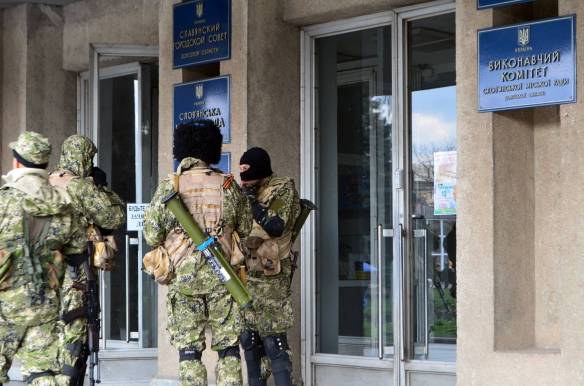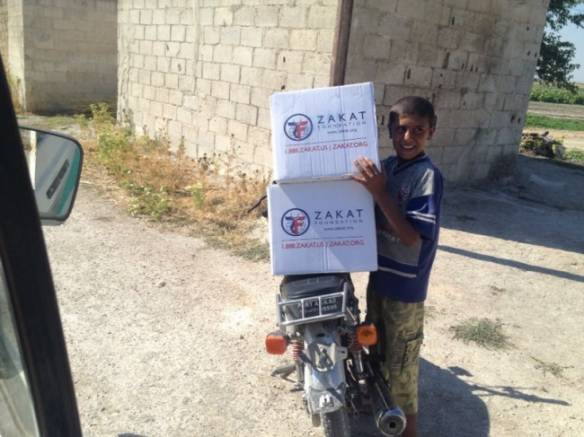In recent weeks, a number of people have asked me whether I think we’re headed for World War III. Maybe it’s the intense media coverage of the centennial of WWI. Maybe it’s all the violence heating up in Israel & Gaza, Iraq, and Ukraine, and wars raging in Syria, Nigeria, and DRC.

The sculpture “Non-Violence” in front of the United Nations building in New York. Courtesy of Luke Redmond/Flickr.
Maybe it’s the fact that several of these wars are activating great power tensions in ways that haven’t been seen since the Cold War, or that diplomatic crises are shaking the United States’ friendships with foundational allies. Maybe it’s the speculation by some pundits that we are, indeed, teetering on the precipice of a new world war.Read More

 The
The 
